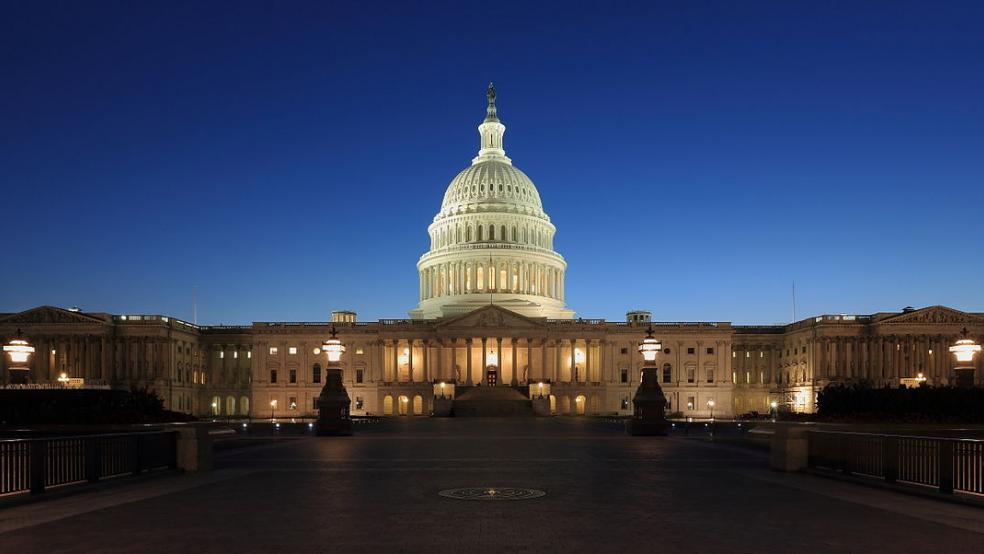The federal deficit was 32 percent larger in the first 11 months of fiscal year 2018 than it was during the same time period in 2017, the Congressional Budget Office announced Monday. The deficit since the fiscal year began last October totaled $895 billion, an increase of $222 billion over the same period a year ago.
Differences in the calendar and the timing of payments between 2017 and 2018 affected the size of the deficit, however. Adjusting for those differences, the increase in the deficit would have been roughly $154 billion, or 19 percent, the CBO said.
Overall revenues in the first 11 months of the fiscal year were up by 1 percent while spending increased by 7 percent. Corporate income tax receipts fell 30 percent, due to the lower tax rate and new rules that allow immediate expensing of equipment purchases. Individual and payroll tax receipts increased by 4 percent during the period, but much of that increase was due to higher-than-expected tax payments in April for the previous calendar year.
Spending on the three largest mandatory programs – Medicare, Medicaid and Social Security – grew by 4 percent during the period, while defense spending rose by 6 percent. Spending on net interest on the public debt jumped by 19 percent.
The bottom line: No matter how you measure it, the deficit is growing rapidly, and the main drivers are the tax cuts passed in December and the spending deal signed in February.




